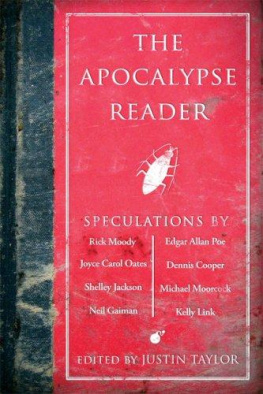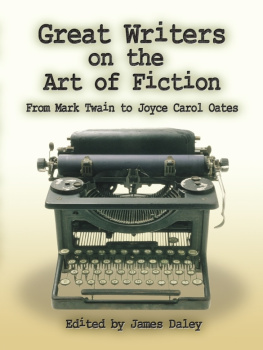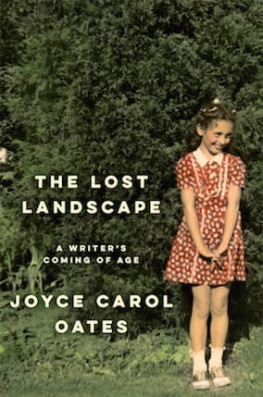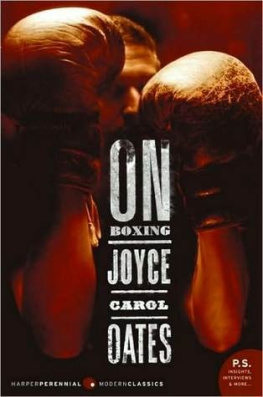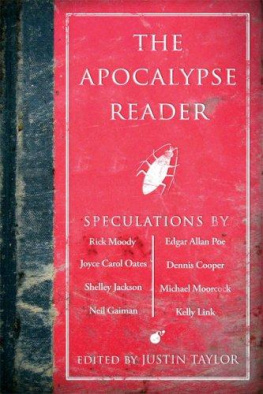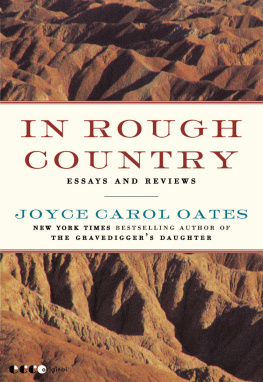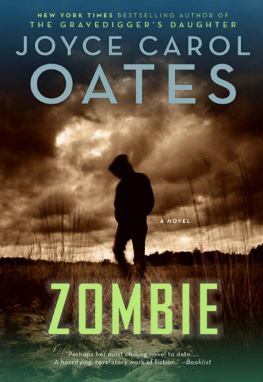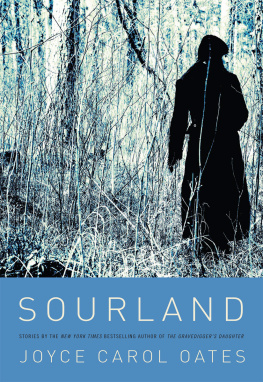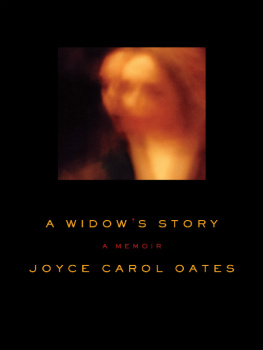
THE
APOCALYPSE READER
THE
APOCALYPSE
READER
EDITED BY JUSTIN TAYLOR

Thunder's Mouth Press I New York
THE APOCALYPSE READER
Compilation and introduction copyright 2007 by Justin Taylor
Published by
Thunder's Mouth Press
An Imprint of Avalon Publishing Group, Inc.
245 West 17th Street, 11th Floor
New York, NY 10011

First printing, June 2007
Pages 316-18 constitute an extension of this copyright page.
All rights reserved. No part of this publication may be reproduced or transmitted in any form or by any means, electronic or mechanical, including photocopy, recording, or any information storage and retrieval system now known or to be invented, without permission in writing from the publisher, except by a reviewer who wishes to quote brief passages in connection with a review written for inclusion in a magazine, newspaper, or broadcast. Library of Congress Cataloging-in-Publication Data is available.
ISBN-13: 978-1-56025-959-6
ISBN-10: 1-56025-959-0
9 8 7 6 5 4 3 2 1
Book design by Pauline Neuwirth, Neuwirth &Associates, Inc.
Printed in the United States of America
Distributed by Publishers Group West
For my parents, who read to me
CONTENTS

ACKNOWLEDGMENTS

THANKS, AND IN some cases absolutely bottomless gratitude, are due to the following individuals and institutions, whose various efforts on my behalf have included, but are in no way limited to: personal, professional, and material support; extreme love, hot coffee, relentless faith, honest criticism, inexhaustible patience, home-cooked meals, and unsurpassed bartending.
Grateful acknowledgment is made to:
All the contributors to this volume;
Action Books, Alt.Coffee, Broadview Press, Eldritchpress.org, The Graduate Writing Program at The New School, The Hungarian Pastry Shop;
Joshua Bilmes, Carl Bromley, Jill Ciment, Julia Cohen, Michael Cohn, Shanna Compton, Dan Fowikes, Michael Galchinsky, David Gates, Andrew & Caryn Goldner, Gavin J. Grant, Dien Huynh, Amy McDaniel, Richard Nash, John Oakes, Amanda Peters, Robert Polito, Ryan Reed, Jennifer Rumberger, Shya Scanlon, Jeremy Schmall, Michael Silverblatt, Tom Steele, Eva Talmadge, Frederic Tuten, Lukas Volger.
INTRODUCTION

THIS GENERATION SHALL NOT PASS, TILL ALL THESE THINGS BE FULFILLED.
-MATTHEW, 24:35
You HOLD IN your hand thirty-four short stories about the Apocalypse.
People have been telling me this is an especially timely book, but the fact is that, historically, every single generation has imagined itself uniquely in crisis and fantasized that theirs will be the one that witnesses The End. The twentieth century was unique mostly in that it marked the moment when humanity became capable of bringing Apocalypse upon itself, but even the novelty (if not the menace) of that prospect has long since worn off. If this is a timely book, I think the reason is that the topic is perennially timely. It is also, as Frank Kermode puts it in The Sense of an Ending , "infallibly interesting."
It's worth pointing out that the word Apocalypse comes from the Greek, and literally means "a revelation" or "an unveiling." It can be used to describe cataclysmic changes of any sort. Revolution, for example, or social upheaval. The American Desegregation movement was Apocalyptic in that its success necessitated the destruction of a certain way of life. (That we're better off without it is not the point.) There are micro-Apocalypses that mark moments in our lives: childhood's end, a relationship's sudden implosion, Death.
There are no excerpts in this book. Even ostensibly "self-contained" excerpts seem unfulfilling to me, and frankly, I don't like them. I have limited this book's scope exclusively to the short story, the ultimate in "self-contained" literature, that eternally embattled form that writers are constantly told "does not sell" or "has outlived its usefulness" or other nonsense. This anthology is a celebration of the short story's inexhaustible vitality, as well as an in-depth (though certainly not exhaustive) survey of its variety.
The forms these stories take, the styles they adopt or invent, the concerns they have, the places and positions and eras their writers come from, and the boundaries they push are as varied as the types of Apocalypse they engage. There are funny stories and deeply touching stories; gory ones and heady ones; stories that focus on an individual or a small group and stories that take on (or take down) the whole world; there are a few very long stories and more than a few very short (or "flash" or "short-short") stories; there are "realistic" and "experimental" stories; overtly and implicitly political stories; utterly apolitical stories; stories that could be classified as belonging to this or that genre (New Wave Fabulist, Horror, Satire, etc.); and stories that defy any attempt at classification. Some are the work of best-selling authors or cult favorites, and others are by people I can guarantee you've never heard of. At least one story has been published elsewhere as a poem.
Each story addresses both of the book's themes in a unique and exciting way, but more than that, each one contains that fundamental, irreducible, something that is indescribable, yet always discernable, in great writing. In short, I picked stories that I love and that I want to share with the world.
There are brand-new stories by Shelley Jackson, Matthew Derby, and several others; some (such as Gary Lutz and Deb Olin Unferth's collaboration) were written especially for this book. There are classic stories by Nathaniel Hawthorne, Edgar Allan Poe, H. G. Wells and H. P. Lovecraft. There are hand-picked favorites by the likes of Neil Gaiman, Rick Moody, and Michael Moorcock; a rare Joyce Carol Oates story, published years ago in Ontario Review but never before collected; Terese Svoboda's 0. Henry Prize-winning "80s Lilies"; and plenty of surprising, exciting, disturbing stories from authors you know, or only thought you knew, or will be thrilled to discover (Steve Aylett).
Dennis Cooper's "The Ash Gray Proclamation" pushes his minimalist aesthetics to a radical new level in order to capture and satirize the claustrophobic, reactionary, Apocalyptic atmosphere of post-9/1 I America. More than just extremely provocative, it is extremely important, and I am honored ecstatic, in fact-to have put this story into a book for the very first time.
Now let me direct your attention to those people whose obscurity I earlier guaranteed. Be the first one on your block to know about them, because today's underground sensation is tomorrow's #1 hit. You heard it here first; now tell your friends.
Robert Bradley sent the only unsolicited submission that made the final cut (it also beat out several I had asked for). His contribution, "Square of the Sun," is feisty and unpredictable, with a real mean streak-the kind of story that slaps your face and laughs at you for crying, but still offers to finish you off before it goes to sleep.
Adam Nemett's "The Last Man" is funny, but not ha-ha funny, unless it's a hushed, nervous giggle. Jeff Goldberg's "These Zombies Are Not a Metaphor," on the other hand, is ha-ha funny, so go ahead and laugh loudly.
Next page
